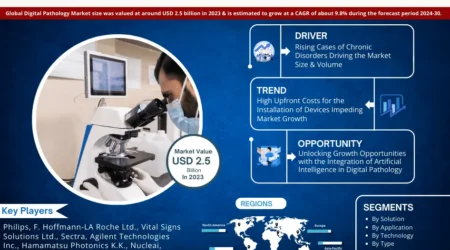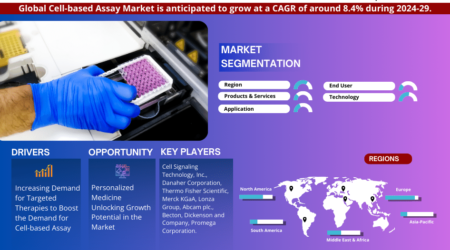The Impact Of Technology On Payroll Services
In today’s fast-paced business environment, managing payroll efficiently is crucial for the smooth operation of any organization. Payroll services have evolved significantly over the years, largely driven by advances in technology and software development. This article explores how modern payroll services, powered by cutting-edge technology and sophisticated software, are transforming the way businesses handle payroll processes, ensuring accuracy, compliance, and efficiency.
The Evolution of Payroll Services
Traditionally, payroll management was a time-consuming and error-prone process, involving manual calculations and paperwork. As businesses grew and regulatory requirements became more complex, the need for more efficient and reliable payroll solutions became evident. The introduction of payroll software marked a significant turning point, offering automation and streamlining of payroll processes.
The Role of Technology in Modern Payroll Services:
1. Automation and Efficiency
One of the most significant benefits of modern payroll services is automation. Payroll software automates numerous tasks that were previously handled manually, such as calculating wages, withholding taxes, and processing direct deposits. This automation not only saves time but also reduces the risk of human error. For instance, software can automatically calculate overtime, bonuses, and deductions, ensuring that employees are paid accurately and on time.
2. Compliance and Accuracy
Compliance with federal, state, and local tax regulations is a critical aspect of payroll management. Payroll software is designed to keep up with the latest tax laws and regulatory changes, ensuring that businesses remain compliant. Automatic updates within the software help prevent errors in tax calculations and filings. This accuracy is vital in avoiding costly penalties and audits from regulatory bodies.
3. Data Security and Confidentiality
Modern payroll services prioritise data security and confidentiality. Payroll software utilises advanced encryption and security protocols to protect sensitive employee information. Cloud-based payroll solutions offer additional security benefits, such as regular data backups and secure access controls, ensuring that payroll data is protected from unauthorised access and cyber threats.
4. Integration with Other Systems
Payroll software can seamlessly integrate with other business systems, such as human resource management systems (HRMS), accounting software, and time-tracking tools. This integration ensures that data flows smoothly between different departments, reducing redundancy and improving overall efficiency. For example, integrating time-tracking software with payroll systems can automate the calculation of hours worked and overtime, simplifying the payroll process.
5. Accessibility and Convenience
Cloud-based payroll services offer unparalleled accessibility and convenience. With online payroll software, HR and payroll professionals can access payroll data from anywhere, at any time, using any device with an internet connection. This flexibility is particularly beneficial for businesses with remote or distributed teams, enabling them to manage payroll processes efficiently regardless of location.
Key Features of Modern Payroll Software:
1. Employee Self-Service Portals
Many payroll solutions include employee self-service portals, allowing employees to access their pay stubs, tax forms, and personal information. This feature reduces the administrative burden on HR staff and empowers employees to manage their own payroll-related tasks, such as updating personal details or downloading tax documents.
2. Detailed Reporting and Analytics
Payroll software offers robust reporting and analytics capabilities, providing businesses with valuable insights into payroll expenses, tax liabilities, and workforce trends. Customizable reports can help organisations make informed decisions about budgeting, staffing, and strategic planning.
3. Scalability and Customization
Modern payroll software is scalable and customizable, making it suitable for businesses of all sizes. Whether a company has a handful of employees or thousands, payroll software can be tailored to meet its specific needs. Customizable features allow businesses to set up payroll processes that align with their unique policies and requirements.
4. Support and Compliance Assistance
Payroll service providers often offer support and compliance assistance to help businesses navigate complex regulatory environments. This support can include access to payroll experts, compliance resources, and regular updates on changes in payroll laws and regulations.
Visit This Blog: Payroll Services’ Impact On Modern Management
Conclusion
Modern payroll services, powered by advanced technology and sophisticated software, are revolutionizing the way businesses manage payroll processes. By automating tasks, ensuring compliance, enhancing data security, and offering seamless integration, these services are making payroll management more efficient and accurate than ever before. As technology continues to evolve, businesses that leverage modern payroll solutions will be well-positioned to navigate the complexities of payroll management and focus on their core operations. Embracing these innovations is not just a trend but a necessity for staying competitive in today’s dynamic business landscape.












Leave a Reply